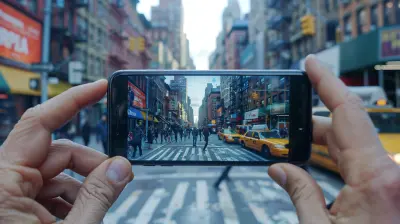Virtual Private Networks (VPNs): How They Keep Your Data Secure
18 July 2025
In a digital world where almost every move you make is tracked, monitored, or even sold, protecting your privacy has become more important than ever. That's where Virtual Private Networks, or VPNs, come into play. You’ve probably heard of them, but do you really know what they do or how they keep your data secure?
Let’s take a closer look—without all the jargon.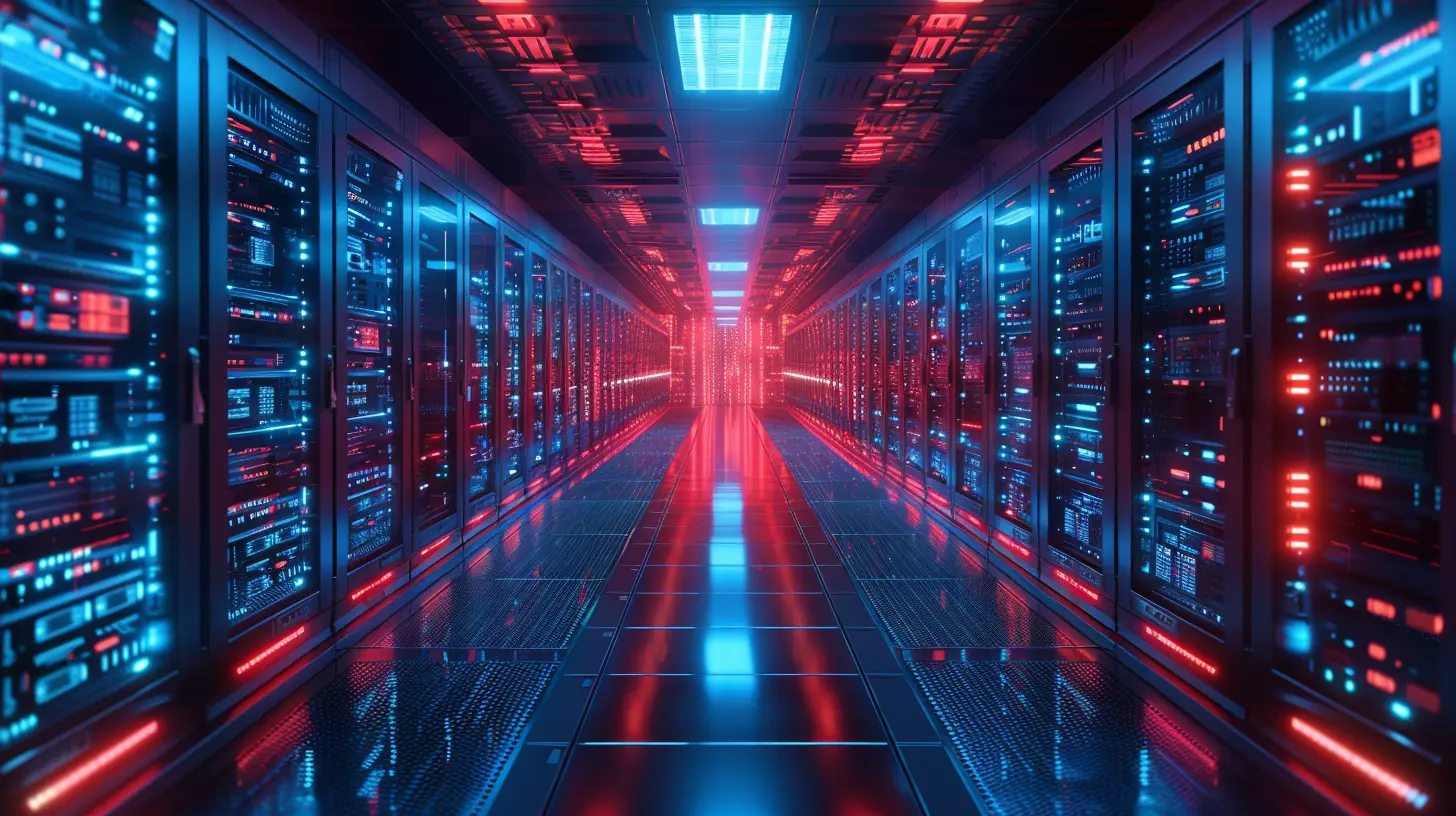
What Is a VPN, Really?
Think of a VPN as a secret tunnel between your device and the internet. Normally, when you go online, your data travels through public highways—visible to anyone who knows how to look. When you use a VPN, that data zips through a private tunnel, invisible to snoopers.It's like sending a message in a locked box that only you and the person you're sending it to can open. Neat, huh?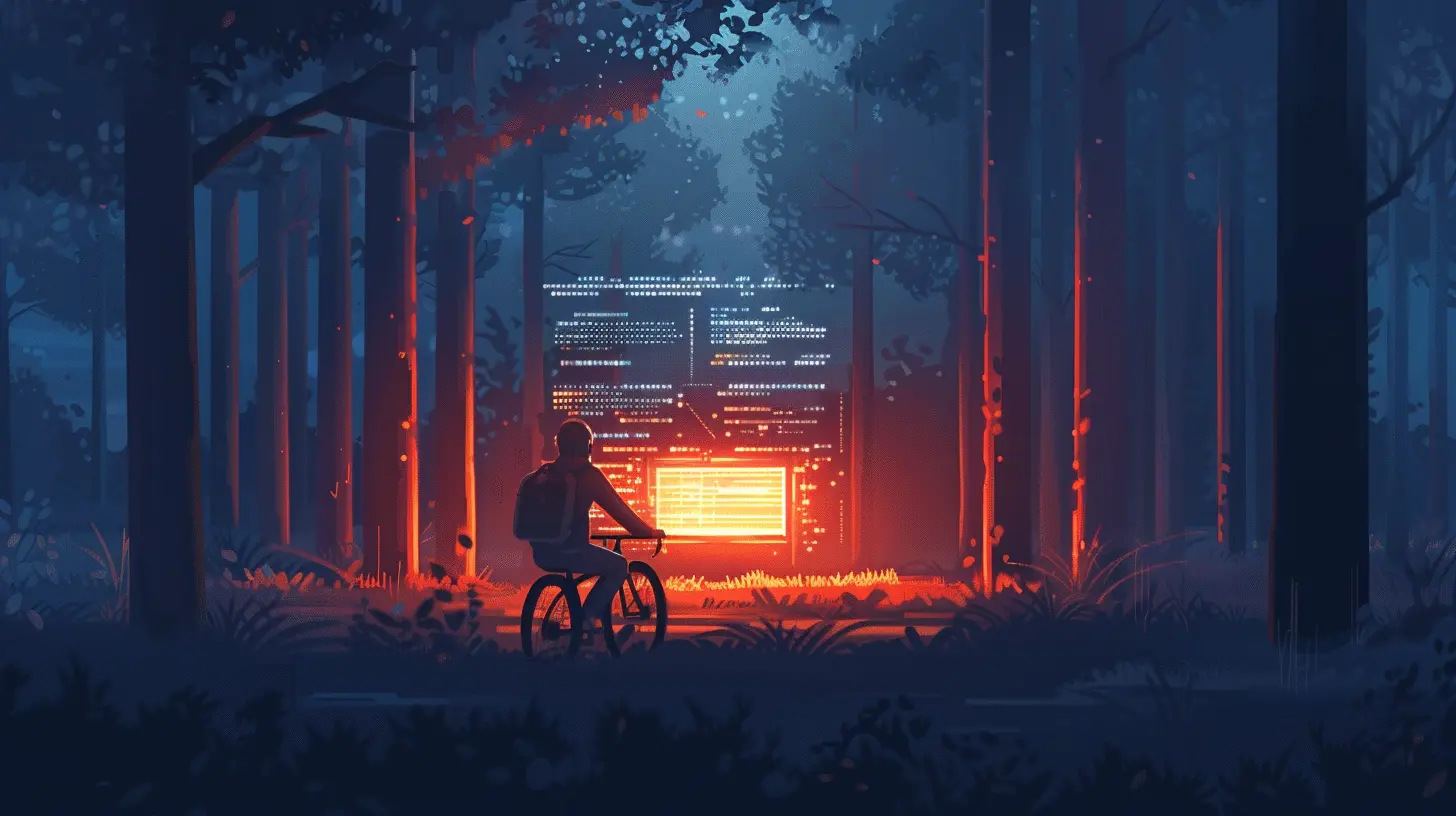
How VPNs Work: The Basics Without the Boring
Okay, let’s break it down.When you connect to the internet through a VPN, your device first hooks up to a secure server run by the VPN provider. This server then connects to the wider internet. The trick here? Your real IP address (basically your internet ID) gets replaced with the VPN server’s IP address.
Here’s what that means:
- Websites can’t trace your location.
- Hackers can’t sniff your data.
- Your ISP (Internet Service Provider) has no idea what you’re up to.
In simple terms, the VPN acts like a disguise. It masks your online activities and makes it almost impossible for anyone to peek over your digital shoulder.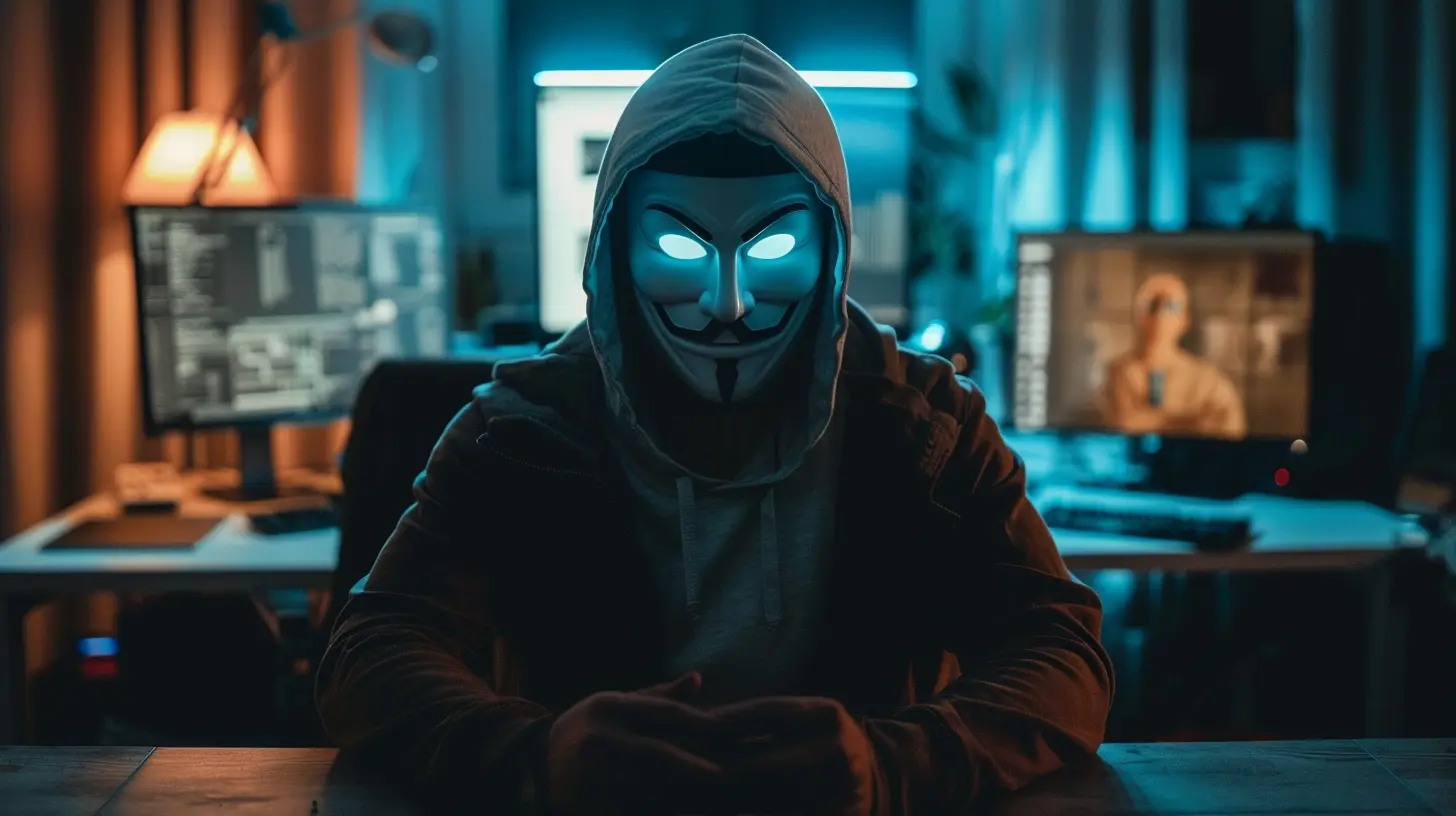
Encryption: The Secret Sauce Behind VPN Security
You’ve heard the word "encryption" tossed around, but let’s make sense of it.Encryption is like turning your data into gibberish that only someone with the right key can decode. Picture it like writing a secret message in a code that only you and your best friend understand. Even if someone else gets their hands on it, it’ll just look like nonsense.
Most VPNs use powerful encryption protocols like AES-256, the same level of security used by governments and the military. It’s not just secure—it’s fortress-level safe.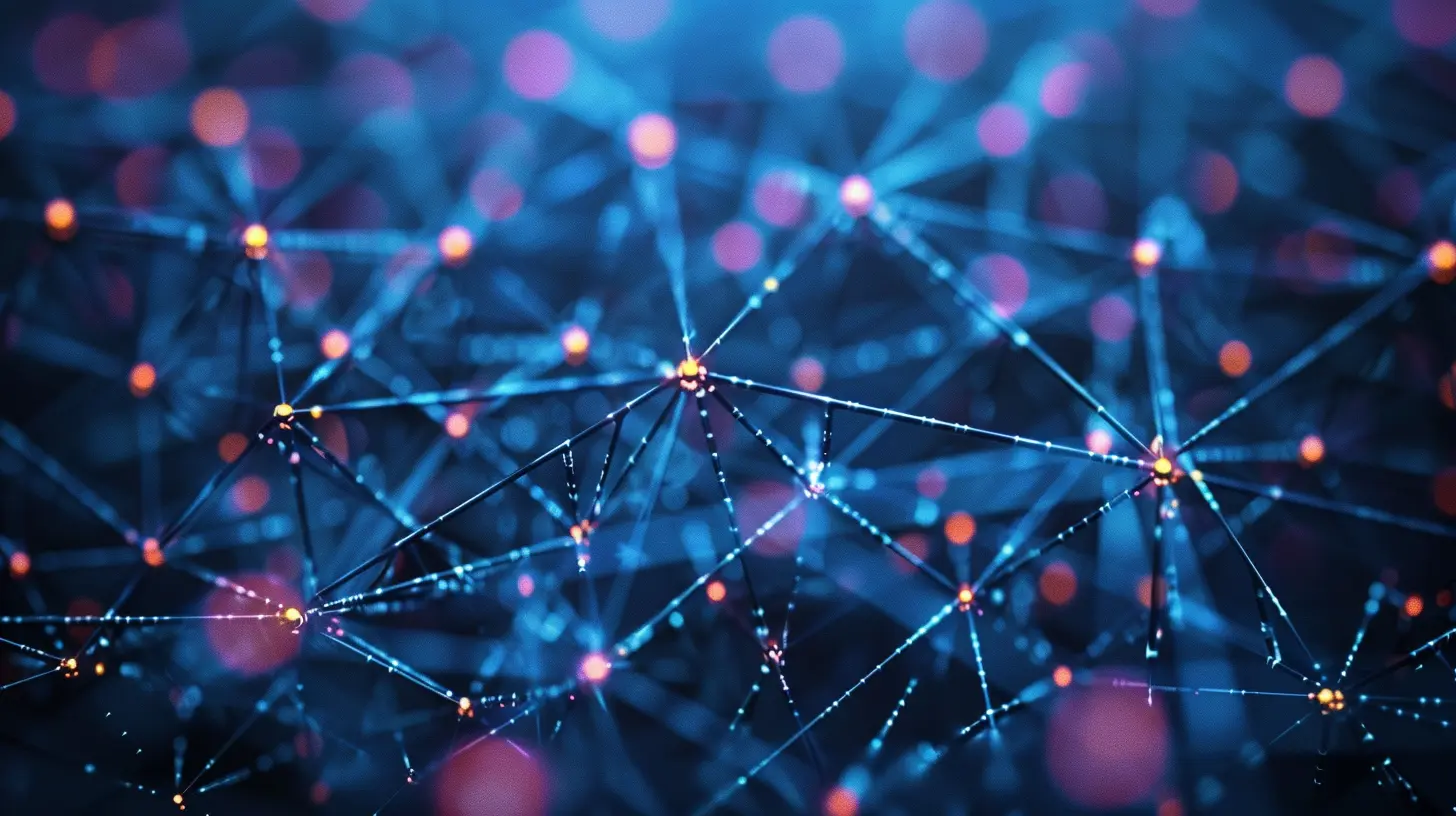
Why You Should Care About Online Privacy
You might be thinking, “I’ve got nothing to hide.”Fair enough. But even if you’re not doing anything shady, your data is still gold for advertisers, data brokers, and even cybercriminals. Every website you visit, every search you make, every file you download—it all builds a profile about you.
And here’s the kicker: Anyone can get hacked. Public Wi-Fi at your favorite coffee shop? A hacker’s playground. Unsecured websites? Open doors to trouble.
Using a VPN makes you a lot harder to target. It’s like locking your front door—even if there’s nothing ‘worth stealing’ inside, it’s better safe than sorry.
How VPNs Protect You on Public Wi-Fi
Imagine walking into a crowded room and shouting out your passwords and personal info. Sounds ridiculous, right?Well, that’s basically what happens when you use public Wi-Fi without protection. These networks are often unsecured, leaving your data floating around for anyone with basic hacking tools to grab.
A VPN encrypts your data before it even leaves your device, making it unreadable to other users on the same network. Whether you’re checking your bank account, sending a work email, or just browsing YouTube—your data stays protected.
VPNs & Geo-Restrictions: Internet Without Borders
Have you ever received that annoying message, “This content is not available in your country”? Whether it’s Netflix, YouTube, or a news site—it’s frustrating.VPNs let you get around these geo-restrictions by making it look like you're browsing from a different country. So, your favorite shows, websites, or services can be accessed no matter where you are.
It's like having a magical passport that opens up the entire web.
VPNs vs. Incognito Mode: What’s the Difference?
One of the biggest misconceptions is thinking that using incognito or private browsing is the same as using a VPN. Spoiler alert: It’s not.Incognito mode simply prevents your browser from saving your history, cookies, and form data. It doesn’t hide your IP address, encrypt your connection, or shield you from prying eyes.
So if you want true online privacy, incognito just won’t cut it. A VPN is what gives your data the cloak of invisibility it needs.
Who Should Use a VPN?
Honestly? Pretty much everyone.But here’s who can benefit the most:
- Remote workers: Secure connections to company servers.
- Travelers: Access content from back home and stay safe on hotel Wi-Fi.
- Activists & journalists: Keep communications private in sensitive regions.
- Gamers: Avoid throttling and access other region’s servers.
- Everyday users: Just want to keep their data safe (and why wouldn’t you?).
Choosing the Right VPN: What to Look For
Not all VPNs are built the same. Here are a few things you’ll want to check before subscribing:1. No-logs policy: Always go for a VPN that doesn’t store user data.
2. Encryption strength: AES-256 is industry standard and plenty secure.
3. Speed: Some VPNs slow your internet down—opt for one that prioritizes speed.
4. Server locations: More servers worldwide = more access to regional content.
5. Customer support: It’s always comforting to know help is just a click away.
6. Kill switch: This cuts your internet if the VPN connection drops, keeping you protected.
Free VPNs? Be cautious. If it’s free, there’s a good chance you’re the product. Many of them sell your data or bombard you with ads—kind of defeats the purpose, right?
VPN Myths: Let’s Clear the Air
Let’s tackle a few myths floating around out there.Myth 1: A VPN makes you completely anonymous.
Not quite. While VPNs greatly enhance your privacy, complete online anonymity is hard to achieve. Things like cookies, account logins, and browser fingerprints can still track you.Myth 2: VPNs are illegal.
In most countries, VPNs are legal to use. A few nations impose bans or restrictions, but if you’re in the U.S., UK, Canada, or most of Europe—you’re good.Myth 3: You only need a VPN for shady stuff.
Nope. Using a VPN is about privacy, not hiding crimes. It’s digital self-care. Just like locking your phone or using strong passwords.The Downsides of VPNs (And Why They’re Still Worth It)
Let’s be transparent—VPNs aren’t perfect.- They can slow down your internet a bit (due to encryption and rerouting).
- Some websites may block VPN traffic.
- Good VPNs usually cost a few bucks a month.
But considering what you’re getting—enhanced privacy, security, freedom—it’s a no-brainer for most. It's a small price to pay for peace of mind.
Final Thoughts: Is a VPN Really Necessary?
If you value your privacy, a VPN is more than just another app—it’s a necessity. In a world where data is the new gold, fencing off your personal information is one of the smartest digital moves you can make.So whether you're working remotely, streaming your favorite shows, shopping online, or just scrolling through Reddit—using a VPN gives you control over your digital footprint.
And let’s be real, who wouldn’t want a little more privacy online?
FAQs About VPNs
Q: Will a VPN slow down my internet speeds?A: Slightly, yes. But premium VPNs are optimized for speed and you likely won’t notice much of a difference—especially if you’re on a fast connection.
Q: Can I use a VPN on my phone?
A: Absolutely. Most top VPNs offer apps for iOS and Android. Your smartphone deserves just as much protection as your laptop.
Q: Do VPNs keep logs of my data?
A: The good ones don’t. Always check for a strict “no-logs” policy.
Q: Can I use a VPN for streaming?
A: Totally. In fact, many VPN users access region-locked shows and movies this way.
Q: Are free VPNs safe?
A: Not always. Some may sell your data or lack proper encryption. It's safer to invest in a reputable paid VPN provider.
all images in this post were generated using AI tools
Category:
CybersecurityAuthor:

Michael Robinson
Discussion
rate this article
2 comments
Sadie McFadden
VPNs are a must for online privacy—stay secure and worry-free!
November 12, 2025 at 12:16 PM

Michael Robinson
Absolutely! VPNs enhance online privacy by encrypting your data, making it a vital tool for security in today's digital landscape.
Emma McLoughlin
VPNs: Your digital cloak of invisibility, turning your internet connection into a secure fortress. But remember, even the best shields need vigilant users behind them!
July 28, 2025 at 3:38 AM

Michael Robinson
Absolutely! While VPNs enhance security, user awareness and vigilance are key to maximizing their effectiveness.

